Online course
13 janvier - 21 avril 2026
Human Resource Management: Recruitment and Selection
Online course
13 janvier - 05 février 2026
Introduction to Planning and Lands - Online
Online course
19 - 23 janvier 2026
Sage 300 - Intermediate - Online
Chesterfield Inlet
19 - 23 janvier 2026
Essentials of Firefighting - Firefighter Level 1 - Chesterfield Inlet
Kimmirut
26 - 29 janvier 2026
Administrator Essentials - Kimmirut
Taloyoak
26 - 29 janvier 2026
Management Essentials - Taloyoak
Chesterfield Inlet
03 - 06 février 2026
Management Essentials - Chesterfield Inlet
Rankin Inlet
09 - 12 février 2026
Administrator Essentials in Inuktitut - Rankin Inlet
Online course
10 février - 05 mars 2026
Lands Administration 2 - Online
Sanikiluaq
16 - 19 février 2026
Leadership Matters - Sanikiluaq
Kugluktuk
23 - 26 février 2026
Leadership Matters - Kugluktuk
Online course
23 - 27 février 2026
Sage 300 - February 23-27, 2026 - Online
Pond Inlet
02 - 05 mars 2026
Leadership Matters - Pond Inlet
Gjoa Haven
23 - 26 mars 2026
Leadership Matters - Gjoa Haven
